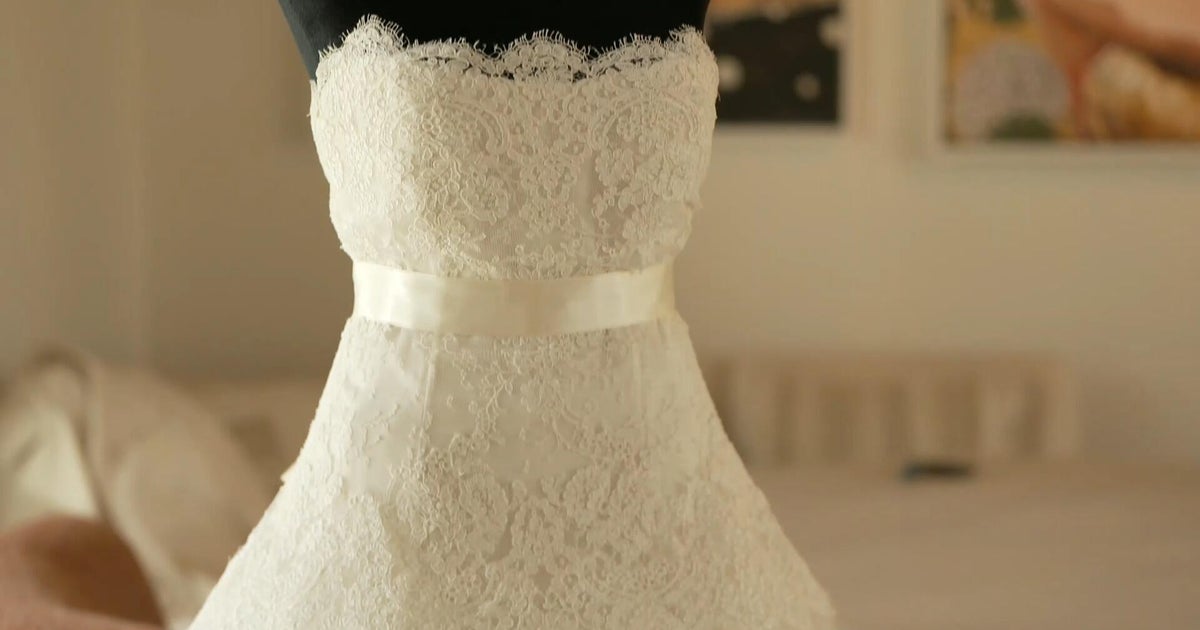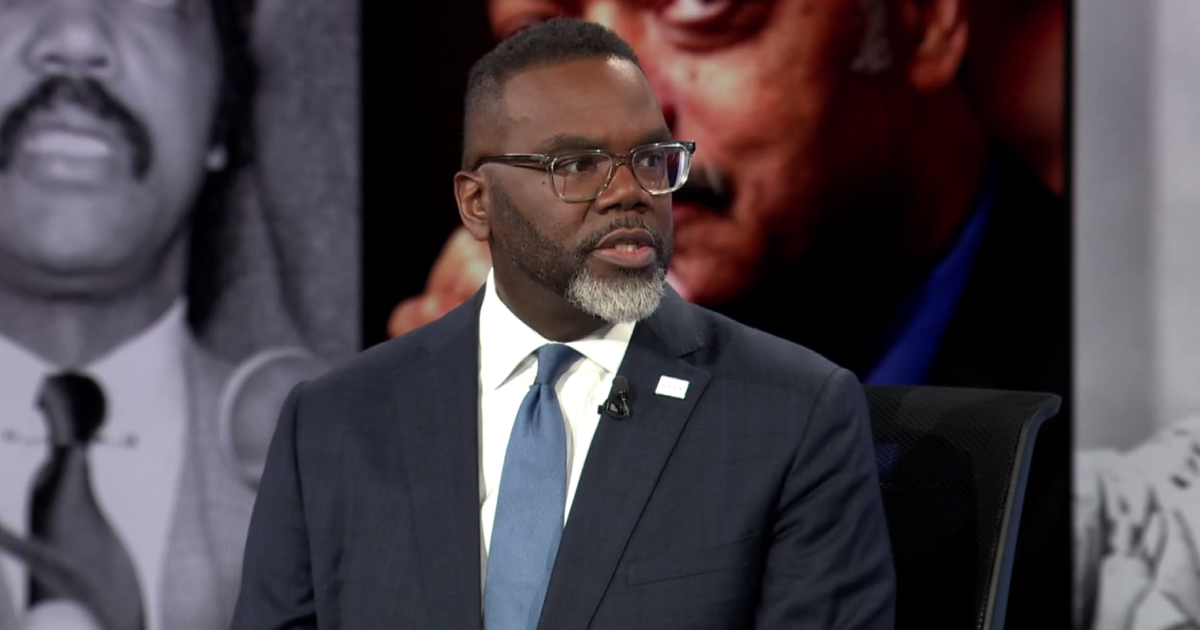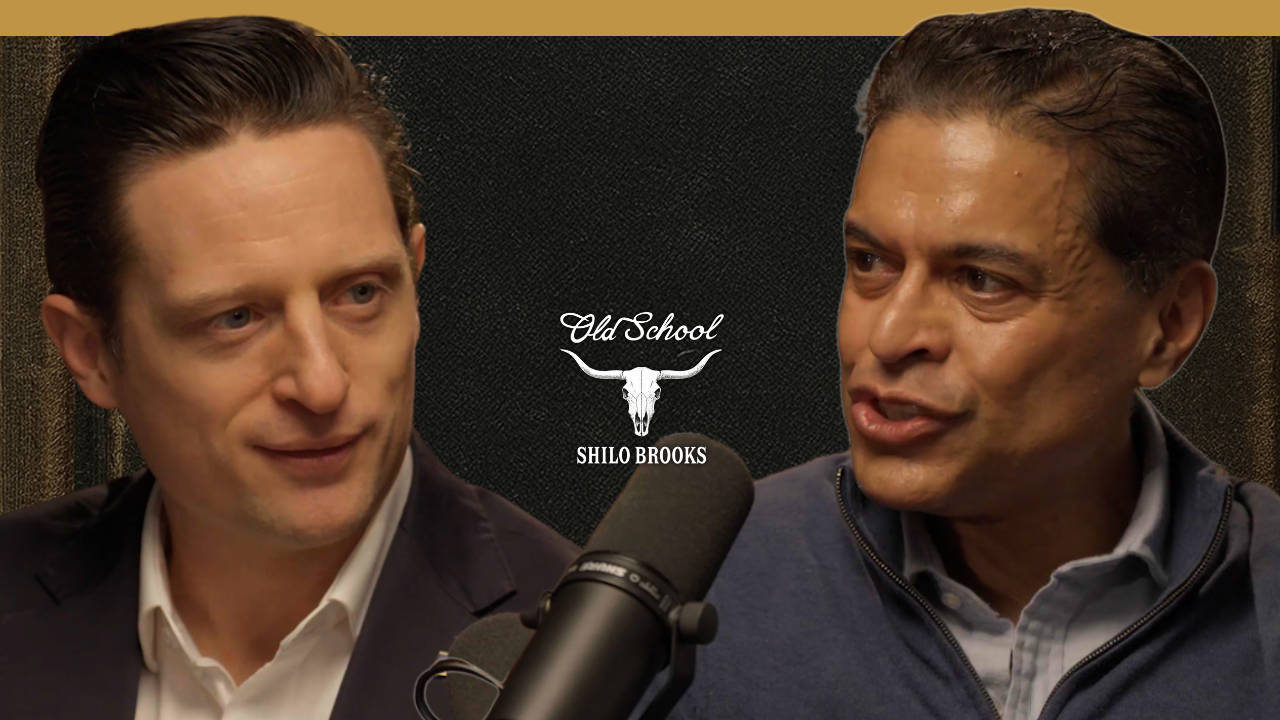Black writer has a message for White allies looking to fight racism: "Go to a place of discomfort"
Changing systemic racism in America starts with the individual, race and culture writer Tre Johnson said. White people need to examine their past actions and "go to a place of discomfort" to make changes, he told "CBS This Morning" Wednesday.
"That place of discomfort often means looking at — in your own particular past — where is an opportunity or where was a place in time, intentionally or unintentionally, you might have caused some type of economic or spiritual or social or professional harm to a Black person that was in your life?" Johnson said.
"I think it's about unpacking what happened in that moment, and then thinking about, what are the patterns that might be true about that moment that you might be maintaining still today?"
Johnson said people then need to "find the resources, the support, the conversations, what have you, to start disrupting" those patterns.
The nationwide protests that followed the police killing of George Floyd in Minneapolis on May 25 reignited calls for racial justice. While discussions of systemic racism have happened after other killings of Black men and women, it feels "a little bit different" this time, partly because of the coronavirus pandemic, Johnson said.
"I think there is a funnel of attention that's being focused on things that are right in front of you right now because a lot of our conventional distractions have fallen away," Johnson said.
He also gave credit to the protesters for elevating these "senseless killings."
"Now people are forced to — as they're constantly engaged in social media and a lot of their devices around the clock, even more so during the pandemic — I think it makes it hard to run away from a lot of these issues as they're happening right now," he said.
Videos of police brutality or racist incidents also have helped fuel calls for justice.
"Unfortunately, they're part of the long history of archival stories and images that have often been at the backbone of the American experience for Black Americans, which is that senseless injustice happens to us routinely," he said.
While he said it's difficult to say the videos that have circulated are "helpful" because of their subject matter, Johnson said, "there is a benefit to making people see that these things that we are talking about aren't just made up."



